
West African leaders have been urged by Ghanaian cocoa farmers to take advantage of the soaring international market prices of cocoa to strengthen the sector.
The farmers say the trading and pricing mechanism has left many cocoa farmers in West Africa poor and hopeless.
Leticia Yankey, Founder and Chairperson of the solely women-led cocoa farmers’ cooperative Cocoa Mmaa, made the rallying call at Brussels.
According to her the current international market prices of cocoa presents an opportunity for cocoa farmers in West Africa to benefit from the full value of cocoa production and ensure better living conditions for farmers to produce cocoa sustainably.
For her, strengthening the trading and pricing mechanism will enable regulators in Ghana and Côte d’Ivoire to come out with impartial farm gate price that would help farmers to produce more cocoa as well as help reduce poverty in cocoa farming communities across west Africa.
She explained that impartial farm gate price will encourage Ghanaian and Ivorian cocoa farmers to practice the culture of honesty and openness.

Ms. Yankey was speaking at the 5th World Cocoa Conference in Brussels, Belgium organized by the International Cocoa Organization (ICCO) under the theme “Paying more for a Sustainable Cocoa”.
The Conference is the leading event for the global cocoa and chocolate sector, bringing together all the stakeholders of the cocoa value chain including governments, financial institutions, logistics companies, international aid and development agencies from across the world to exchange views and identify solutions for the sustainability of the sector.
Ghana has in the last two crop seasons, failed to meet its average annual cocoa production target of 850,000 metric tonnes, thereby adversely impacting local grinding and export.
Ms. Yankey admits that the current climate conditions in cocoa growing communities is also one of the major factors impacting negatively on cocoa production and resulting in low yields in cocoa growing regions.
“We are calling on our governments to intervene immediately because for every step you need a specific weather condition and specific farm inputs to succeed. The climate change has disrupted the process of managing a cocoa farm, you need rains at a point in time, you need the sun and humidity at a point in time as well to dry” she said.
For his part, Chairman of the Cocoa Abrabopa Cocoa Farmers Cooperative, Ishmael Pomasi indicates that most Ghanaian farmers are missing out on their production target due to unpredictable rainfall pattern in the West Africa region.
He is worried that climate change is negatively impacting cocoa production at a time that land area for farming activities is reducing drastically through illegal mining.
“The delays in rains has brought us a great loss. It has not been easy for myself and other farmers as we lost almost all our investments in the farming business.
“I believe that delays in rains and excessive rainfall patterns in West Africa are not only bringing losses to us farmers, but also threatening food security in the region.
“The sustainability agenda must focus more on provision of irrigation systems across cocoa growing communities in Ghana and Côte d’Ivoire; substantive investment is needed in irrigation systems to help sustain our cocoa industry.
“It is my hope that farmer groups in our region will adopt good agricultural practices in their operations” Pomasi said.
Also sharing his views, Managing Director of VOICE Network, Antonie Fountain, believes that making the consumer the solution to challenges facing the cocoa farmer in West Africa is not an option.
“Large cocoa and chocolate companies must be made to pay more for their cocoa that will allow West Africa cocoa farmers earn a living income.
“We have to solve the problem of living income in the cocoa sector now, if we fail to do so now and here, we will not be able to solve other sustainability issues like child labour, deforestation or gender inequality” he said.
In Fountain’s opinion, it’s time to stop pointing fingers to the bad guys and start looking at ourselves. Governments have to make laws and create level playing fields when taking decisions on farm gate price.
National Coordinator of the Ghana Civil-Society Cocoa Platform (GCCP), Nana Kwasi Barning Ackah, indicated that the Ghana Platform is working on creating an alliance with other African countries aimed to advocate for farmers rendered poor and marginalized.
According to him, the African Platform will educate smallholder cocoa farmers in Africa on the need to see farming as a business and the need to introduce modern agricultural practices in their farming.
“Structural challenges such as aged trees, diseases, climatic challenges, among others are problems the African Platform will collectively help farmers deal with through trainings and partnerships” he added.
Story by: Nana Yaw Reuben
The post African leaders must strengthen trading and pricing mechanism, says West African cocoa farmers appeared first on The Business & Financial Times.
Read Full Story
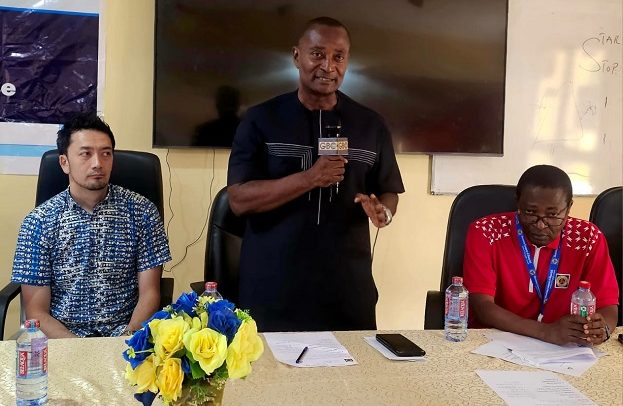
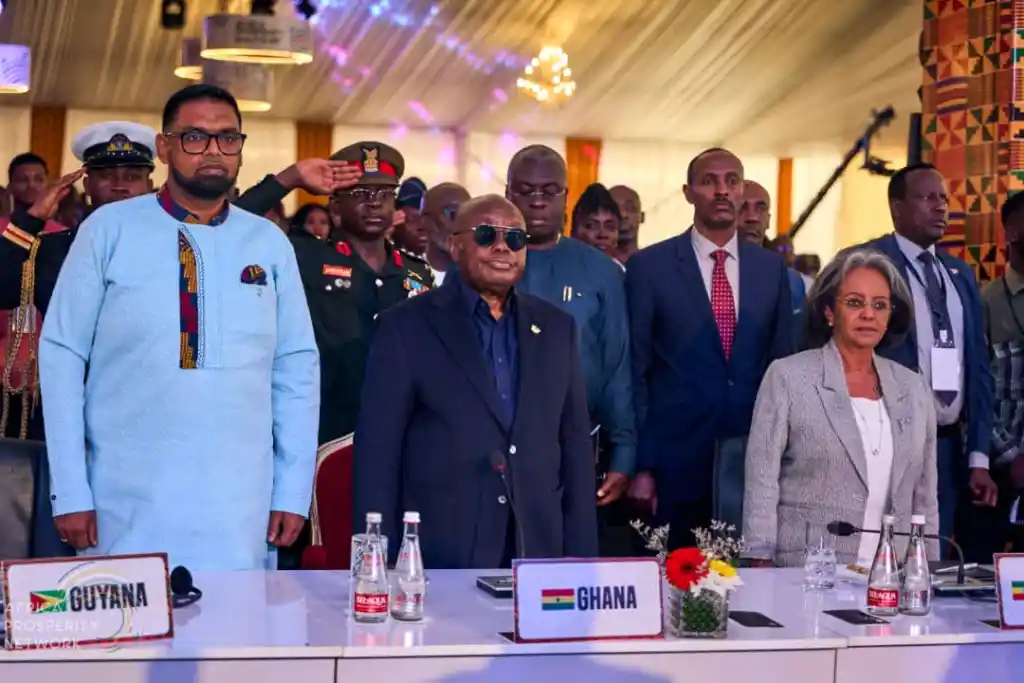
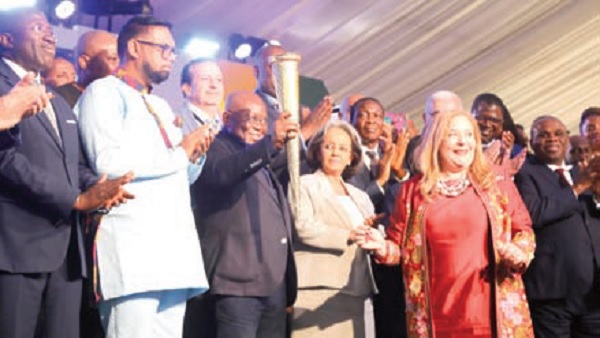


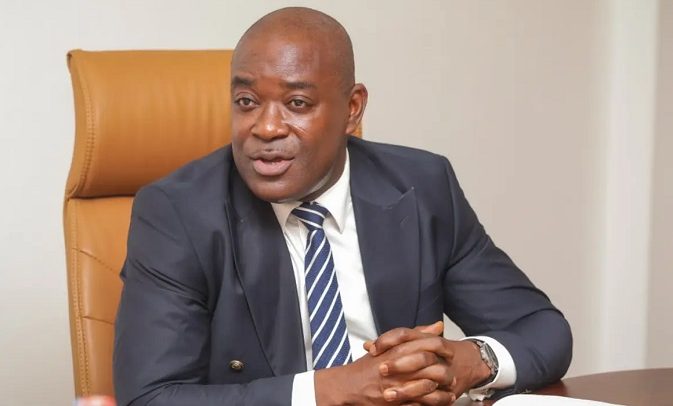
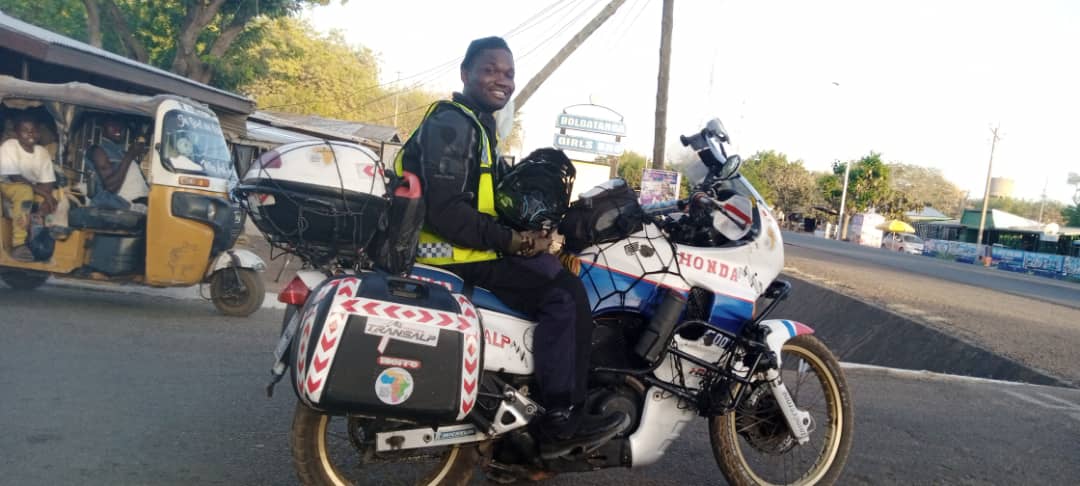







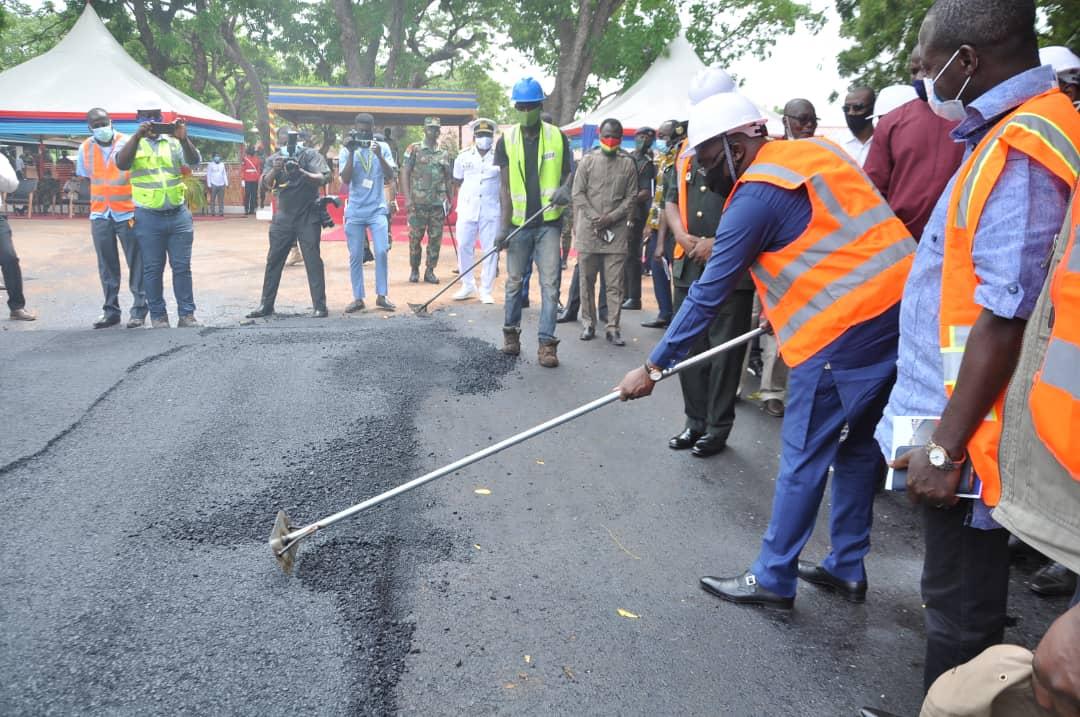








Facebook
Twitter
Pinterest
Instagram
Google+
YouTube
LinkedIn
RSS